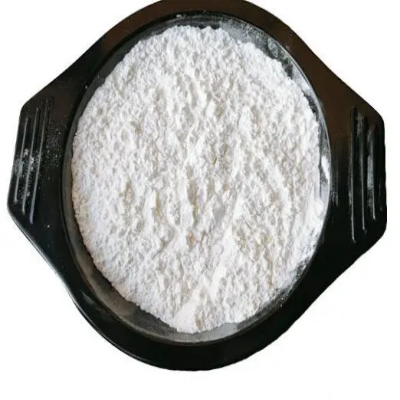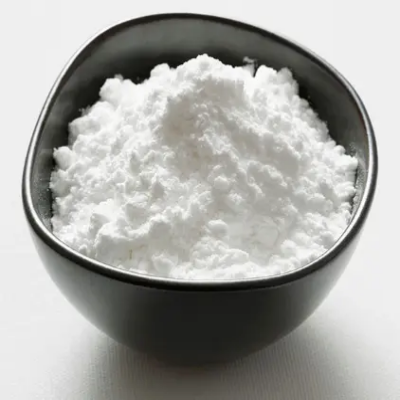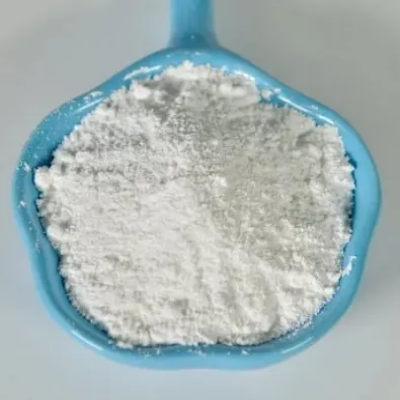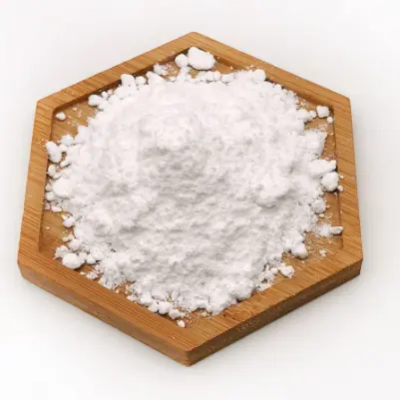Acylase from Aspergillus genus CAS:9012-37-7
Enzymatic Hydrolysis: Acylases catalyze the hydrolysis of acyl compounds, leading to the cleavage of acyl groups from different substrates. This enzymatic reaction is used in various sectors, including biotechnology, biochemistry, and pharmaceuticals.
Pharmaceutical Industry: Acylases from Aspergillus genus find applications in the synthesis and modification of pharmaceutical intermediates. They are used in the production of antibiotics, amino acids, and other essential compounds. These enzymes contribute to the development of medicines, making processes more efficient and cost-effective.
Flavor and Fragrance Industry: Acylases are utilized in the flavor and fragrance industry to synthesize specific acylated compounds that contribute to the overall aroma and taste profiles of various products. These enzymes aid in the production of flavors, fragrances, and food additives, enhancing the quality and desirability of the final products.
Biocatalysis: Acylases have been extensively studied and employed in biocatalytic reactions. Their ability to catalyze specific chemical transformations makes them valuable tools for the production of fine chemicals, biofuels, and bioplastics. Aspergillus acylase enzymes have been utilized in these applications due to their stability, selectivity, and broad substrate specificity.
Environmental Applications: Acylases have been investigated for their potential applications in environmental biotechnology. These enzymes play a crucial role in the degradation of acylated compounds, such as pesticides and industrial pollutants. Aspergillus acylases contribute to bioremediation efforts by breaking down harmful substances and assisting in the detoxification of contaminated environments.
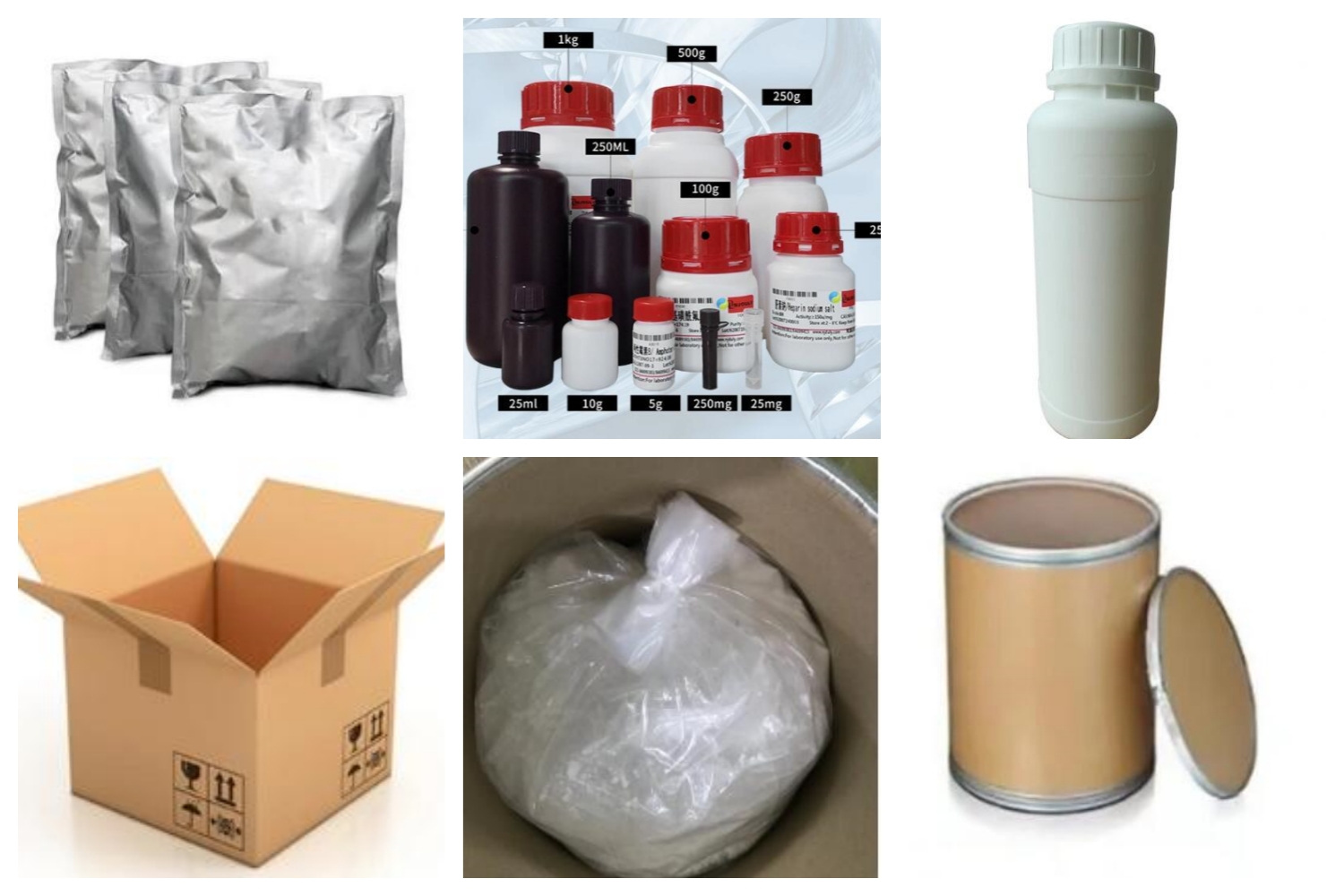
| Composition | C30H34Cl2N4O |
| Assay | 99% |
| Appearance | Yellow powder |
| CAS No. | 9012-37-7 |
| Packing | Small and bulk |
| Shelf Life | 2 years |
| Storage | Store in cool and dry area |
| Certification | ISO. |




